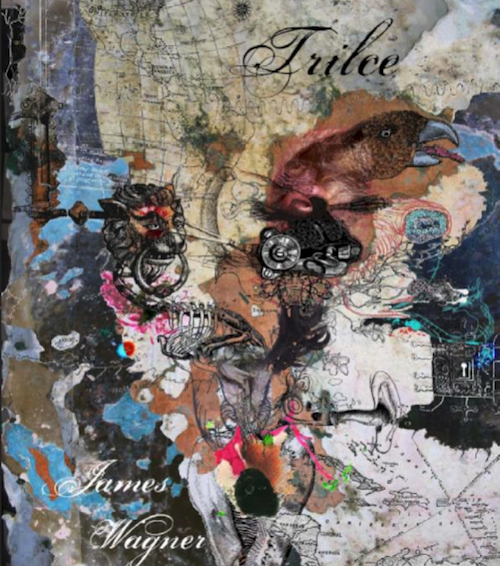James Wagner on Translation, Deception, and Vallejo at Entropy

By now we hope you had the chance to read though this amazing and thoughtful roundtable discussion on translation at Best American Poetry blog, with participants Marie Buck, Jennifer Scappettone, Guillermo Parra, Daniel Borzutzky, and Johannes Göransson. If that wasn't enough for you, you're in luck with this bonus response from James Wagner titled "ABZ: Meaning, Intent, and Deception in Translation," posted today at Entropy. Wagner begins his response by describing what led him to create a homophonic translation of Vallejo's Trilce, published as Wagner's own Trilce in 2006. Wagner draws our attention to the distinction between denotative and connotative translation:
As my book Trilce was mentioned by Johannes Göransson and Daniel Borzutzky in the recent illuminating roundtable on translation, I would like to provide my views on what is a different kind of translation from the more established form of denotative-centered work: homophonic or connotative translation.
My impulse to write a mostly homophonic (there are German interventions) version of César Vallejo’s magnificent Trilce is precisely because I wanted to write against/within/across a language that I did not know. Unlike denotative translations, where the translator is attempting to shift or transfer denotative meaning, context, and intent across languages, I wanted to not have the knowledge of those inherited meanings, which create context and intent, and vice versa, in my head. Unlike, for instance, I do with German, somewhat. (I am 2/3rds German, ancestrally, had two years of German language courses in college, grew up in a German American community). It was this awkwardness of not knowing that I wanted to highlight. I wanted to highlight my uncertainty, perhaps my feebleness, lack of mastery, but to also grant full attention to the sounds of the language, apart from the denotative meanings agreed upon. But this decision to do this, to purposively elide another poet’s denotative meanings, or purported, or contested, meanings, was also to show how much I didn’t trust meaning, or at least to problematize the reception of it.
Later, Wagner ponders questions and problems of translation that center on colonization, intentionality, and especially deception. Wagner writes:
Meaning, to me, is a story. A version of something. My story right here, in fact, of what my intentions were, for instance, of when I began the translations of Trilce nearly a decade ago: Are those really one and the same? What I was doing then, and what I think I was doing now? How much of what I am saying is to be seen in the light that I want to be seen in?
In the end, it was the music of Vallejo’s language that entranced me, and I would repeat the sounds of his words to the point where they took on mystical, spiritual, and/or otherworldly shapes. This is another vibrancy, then, another aspect of the word, that holds multitudes—and thus the meanings fragment, which complicates intentions, which invites the warm embrace of deception, not all of which I am even aware of.
But deception implies there is a textual truth somewhere, and not multiple truths, multiple versions, multiple stories. I don’t trust in deception either, for this very reason. Just as there must be many truths, there must be many deceptions. My heartfelt deceptions are true, my sincerity is there. I care deeply about César Vallejo, his poetry, his life, his music. If my work brings more people to his careening, lyrical, and powerful work, in Spanish or translation, I will feel like my book will have achieved something for the better, in reverse.
Much more to ponder at Entropy.


